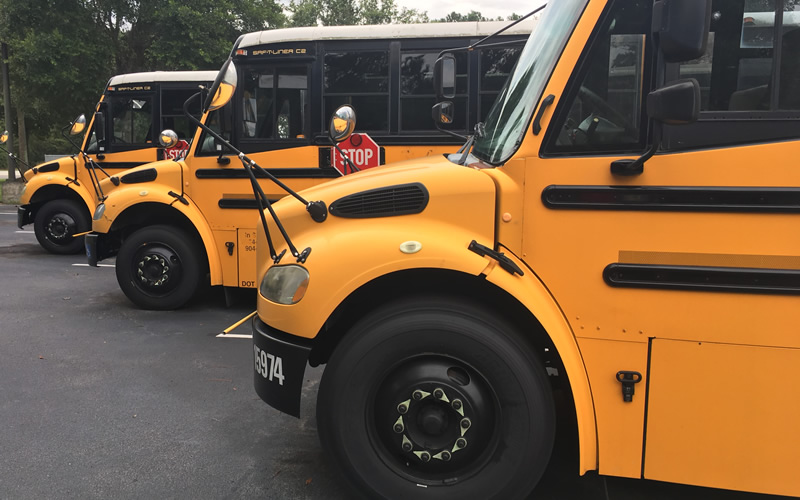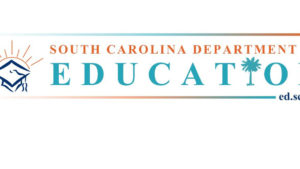
By Andy Brack | Elementary and secondary students heading back to public school classrooms this month face opportunities and challenges brought on by new funding and a blend of pressures faced by teachers.
For the new school year, the legislature boosted teacher salary schedules by $4,000 each. The minimum salary now is $40,000.
“Recent changes, such as potential pay increases for teachers, staff and retirees, have caused optimism in our ranks,” said Adrian King, a retired Army officer who teaches at Turning Point Academy in North Charleston.
 Katrina Goggins, chief communications officer for the S.C. Department of Education (SCDE), said educators are celebrating the boost in teacher salaries, although more needs to be done.
Katrina Goggins, chief communications officer for the S.C. Department of Education (SCDE), said educators are celebrating the boost in teacher salaries, although more needs to be done.
“As an agency, the SCDE and its partners continue efforts to recruit and retain teachers, bus drivers and other staff to address shortages and continue to implement programs and initiatives that will advance public education in our state.”
Some 90 percent of South Carolina’s 850,000 elementary and secondary students attend public schools. At the end of the school year in June, 772,292 students attended public schools. Enrollment for the new year won’t be available until 45 days after its start.
Last September, public schools employed almost 47,000 teachers, Goggins said. A February report showed 1,121 vacancies, a number that is thought to have grown after school let out in the spring.
For example in Charleston County when school ended in early June, 467 teachers resigned, which was about 15 percent of the district’s teachers, according to Charleston County School District spokesman Andrew Pruitt. As of Tuesday, the district has hired 530 new teachers for the 2022-23 school year and had 59 positions to fill.
Teachers are a little anxious
Teachers are also a little skittish about the coming year, said King, who is president of the Charleston County Education Association.
“The possible trifecta of teacher shortages, Covid resurgence and the economy makes many a little anxious,” King said. “First-year teachers without saved sick time to use for possible Covid quarantine may be the most affected.”

Sherry East, president of The South Carolina Education Association, said teacher shortages will impact the opening of schools this year. Some districts reportedly have up to 100 positions open, she said.
“We do not have a shortage of students,” she said, emphasizing that when schools don’t have enough teachers, students end up with larger class sizes.
She said that means “more work, more stress and less time [for teachers] to get to know and build relationships. This can lead to more discipline issues.
“Teachers [also] are finding out at the last minute that they have been transferred to another school, classroom or teaching a new subject for the first time two days before school starts and this is not creating a smooth back-to-school experience for students or staff.”
Kathleen Low, a science teacher at Hanahan High School, said burnout for teachers is a real issue.
“If class sizes get bigger or teachers need to cover classes due to unavailable subs or any number of other duties that have been attached to the work day, then this takes the time that teachers need to administer their own classes and extends the workday or week well beyond what they agreed to in their contract,” said Low, president of the Berkeley County Education Association. “More importantly, if teachers aren’t given the time needed to plan lessons that reflect the needs of the students in real-time, then that lesson doesn’t get to be as impactful as it could have been. And then that teachable moment is lost. This is real anxiety for teachers.”

Former state Superintendent of Education Jim Rex said the state’s teacher crisis reflects a national problem where fewer people are entering the teaching procession. One reason, he said, are the “non-academic needs” that students have now, such as the need to address increased mental health issues.
“Teachers are so ill-equipped to deal with these mental health issues students are bringing to the classroom,” he said. “Our kids are struggling. Our parents are struggling, Our teachers are struggling.”
- Have a comment? Send to: feedback@statehousereport.com















 We Can Do Better, South Carolina!
We Can Do Better, South Carolina!